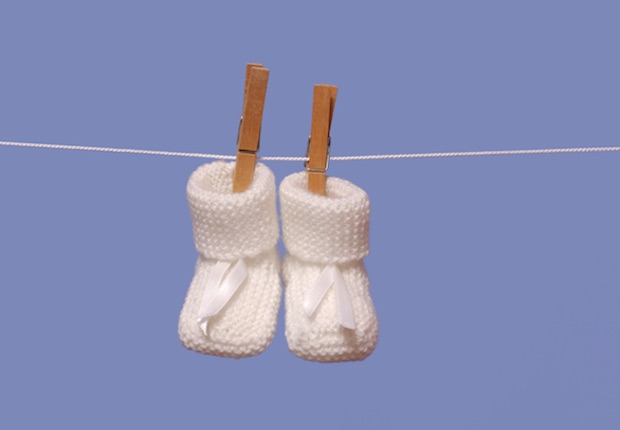
Less than a third (31%) of employer respondents are aware of the new tax-free childcare scheme due to come into effect from early 2017, according to research by the Chartered Institute for Personnel and Development (CIPD).
Its Labour market outlook: focus on working parents report, which surveyed 1,050 senior HR professionals, also found that 21% of respondents have received requests from male employees to take shared parental leave since April 2015, and 19% do not know if their organisation has received any requests.
The research also found:
- 30% of respondents report that their organisation proactively promotes flexible-working options to employees who have caring responsibilities.
- 68% of respondents believe that the participation rate of women with young children at work would improve if the free childcare that is provided for three and four year-olds was also available for children up to two years old.
- 27% of respondents believe that extending shared parental leave to grandparents is a positive step, and 11% of respondents feel employers need more time to get accustomed to managing shared parental leave for parents before extending it to grandparents.
- 25% of respondents think shared parental leave for mothers and fathers is a good idea but extending it to grandparents is a step too far, and 21% believe extending shared parental leave to grandparents is a good idea in principle but will create a considerable administrative burden in practice.
- 4% of employers plan to enhance their maternity pay policy over the next two years, 67% will make no changes, and 28% do not yet know.
- 7% of respondents intend to enhance their paternity pay policy in the next two years, 62% will make no changes, and 30% are not yet sure.
- 56% of respondents who work for organisations with at least one new father eligible for shared parental leave say no new fathers have taken it up, and 39% report that between 1% and 20% of eligible employees have taken it up.
- 67% of respondents with at least one new mother eligible for shared parental report that none have taken it up, and 23% report that between 1% and 20% of eligible employees have taken it up.
Rachel Suff, employment relations adviser at the CIPD, said: “Shared parental leave was a milestone for gender equality when it was introduced last year. However, the complexity of the rules and the financial gap between statutory maternity pay and statutory shared parental pay in the early weeks are clearly outweighing these positives in reality. Government needs to look at what at what steps can be taken to ensure shared parental leave can bring a step change on the ground in the UK.
“At a time of greater economic and labour market uncertainty, we need a national childcare strategy developed by government in collaboration with employers, so that parents with younger children have better opportunities to return to work after having a baby. Employers need to review their support for carers, before they lose valuable talent from across their workforce.”